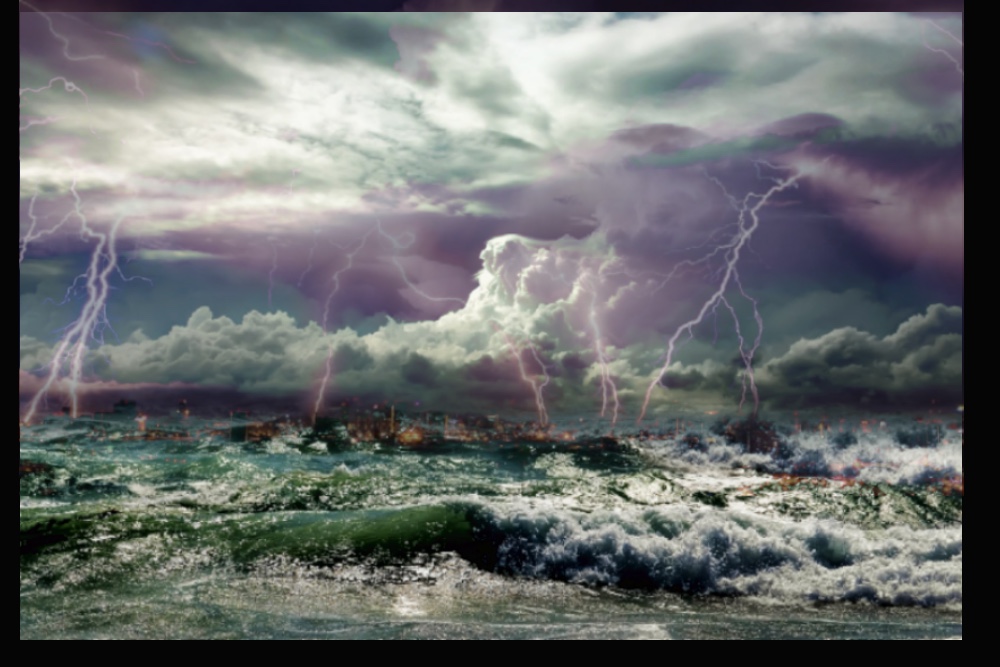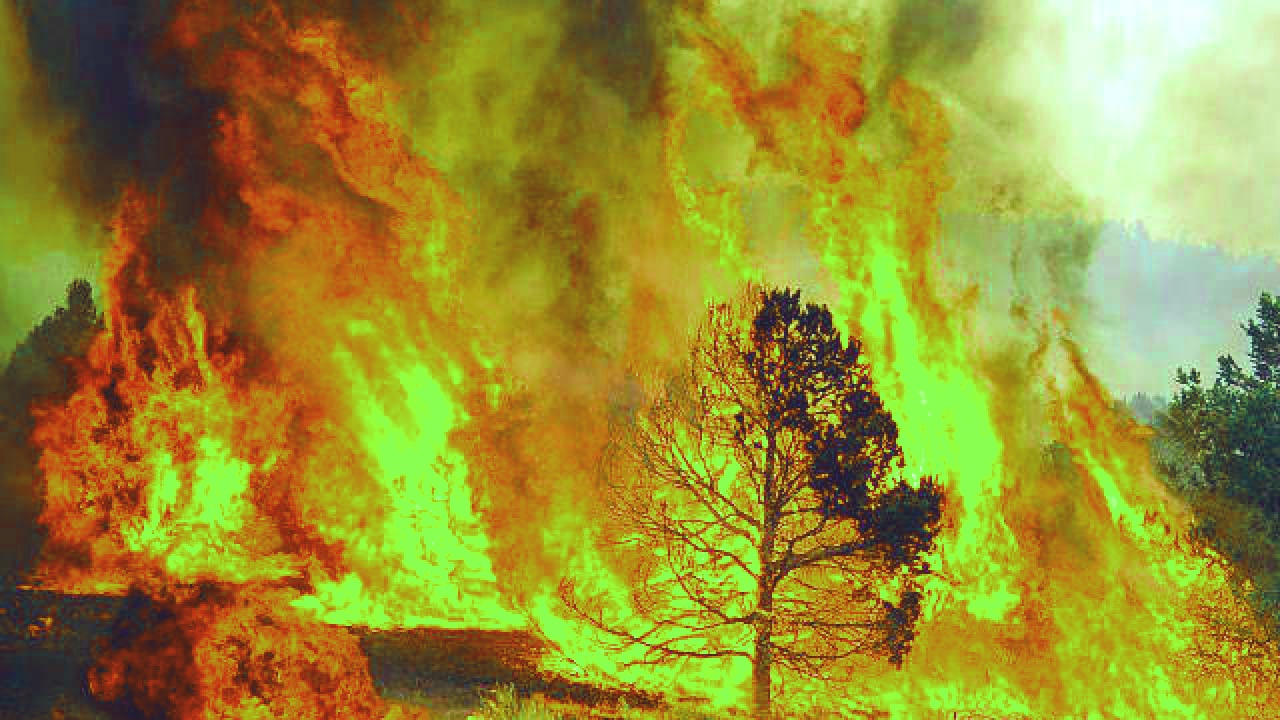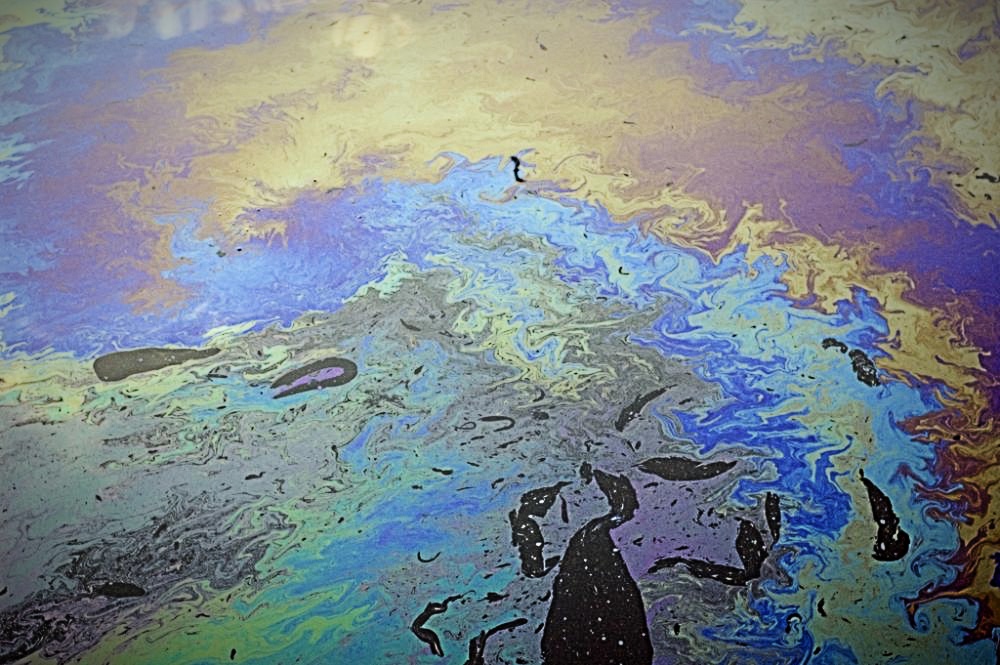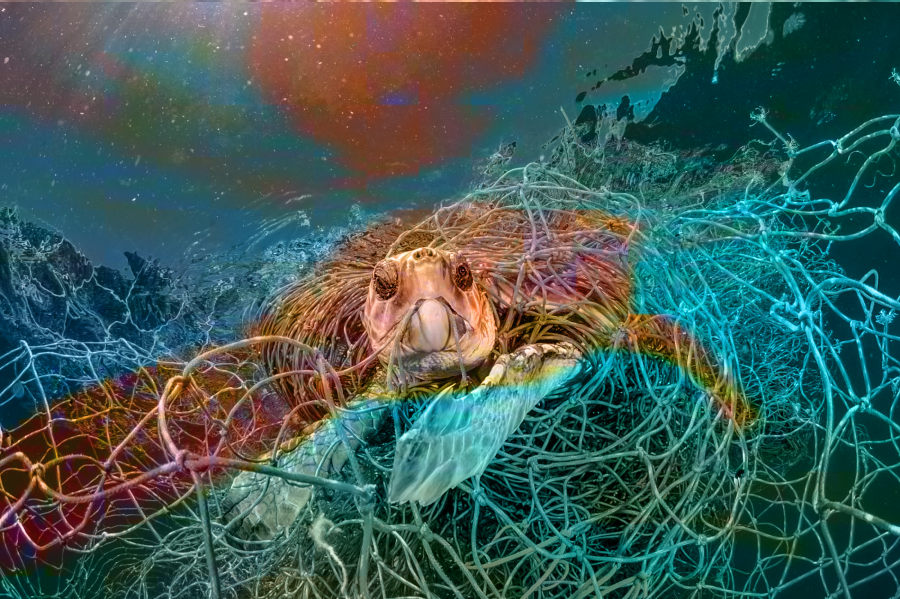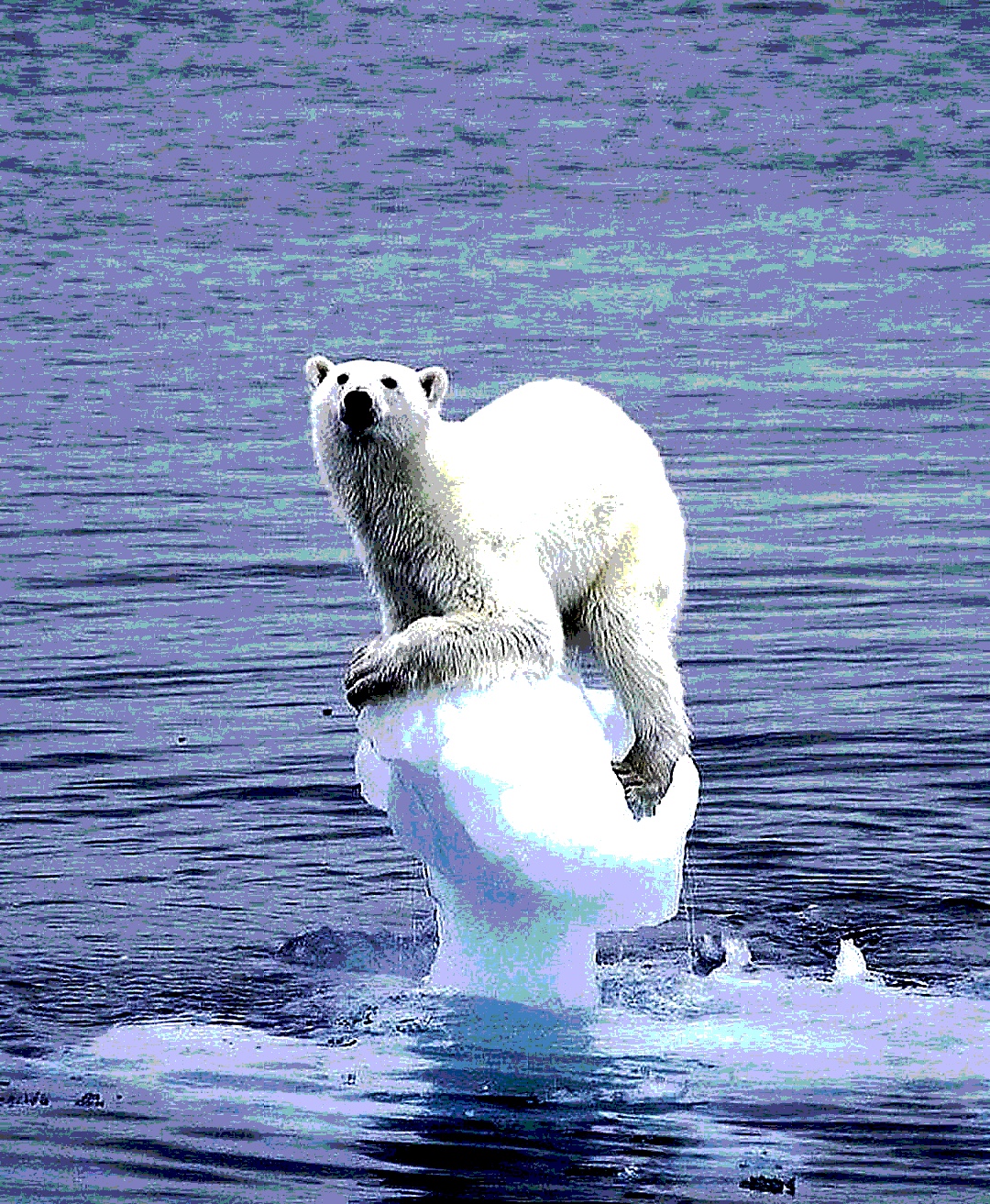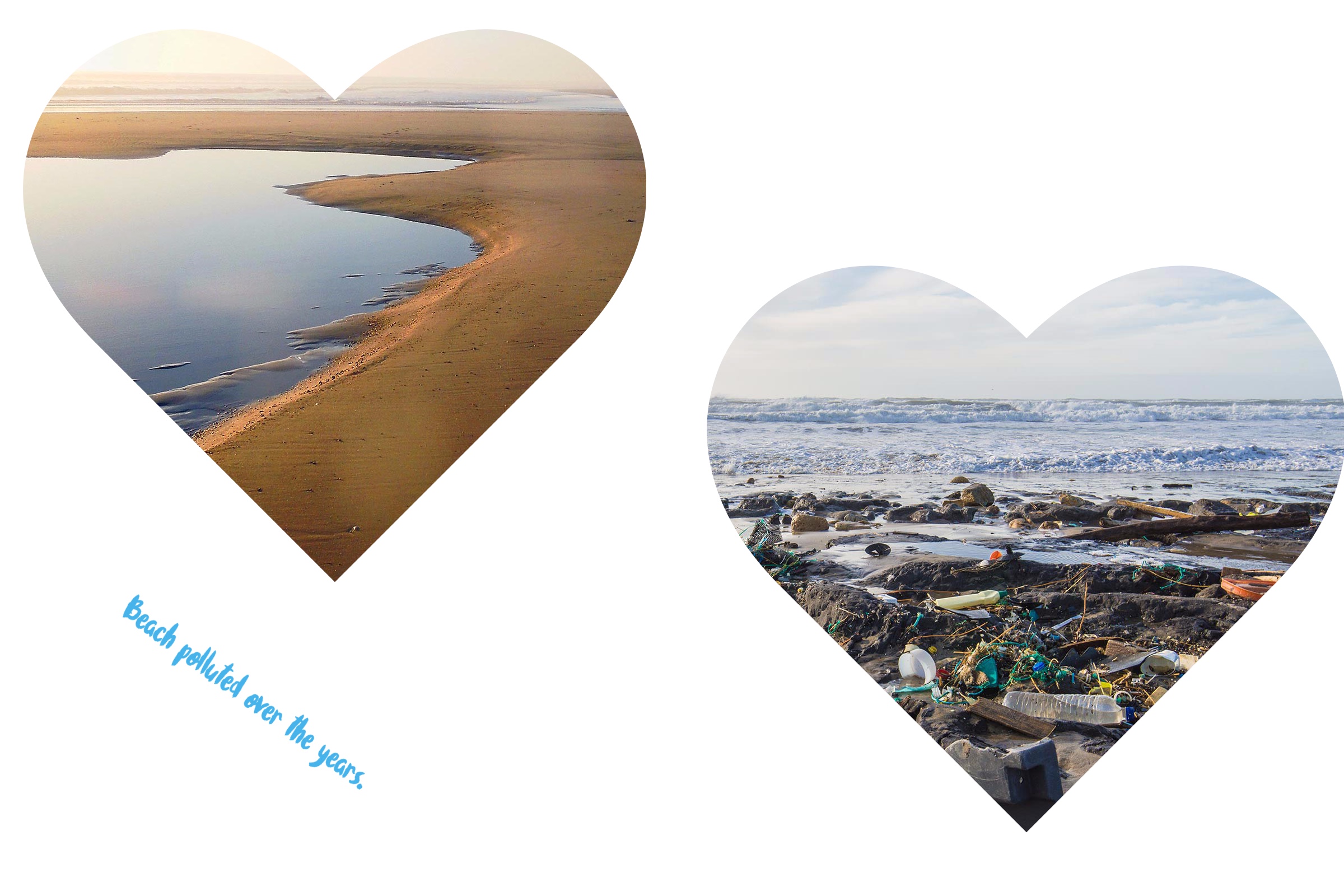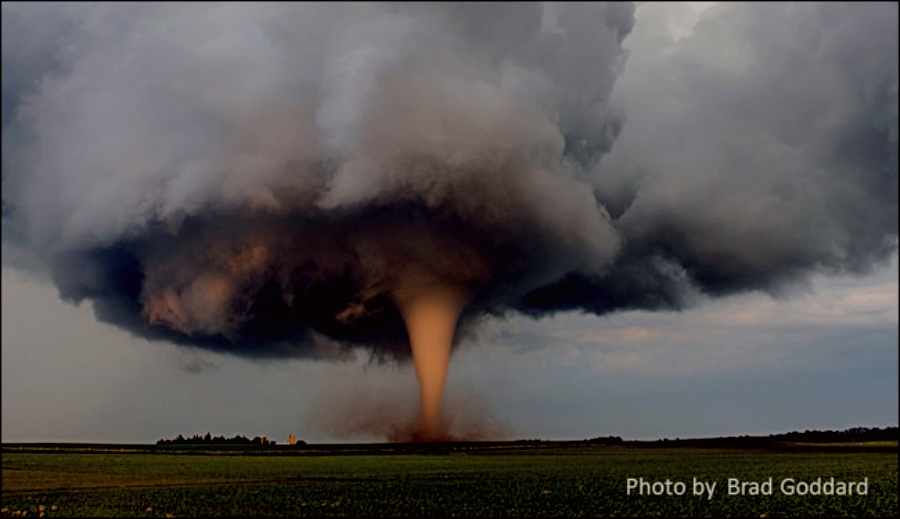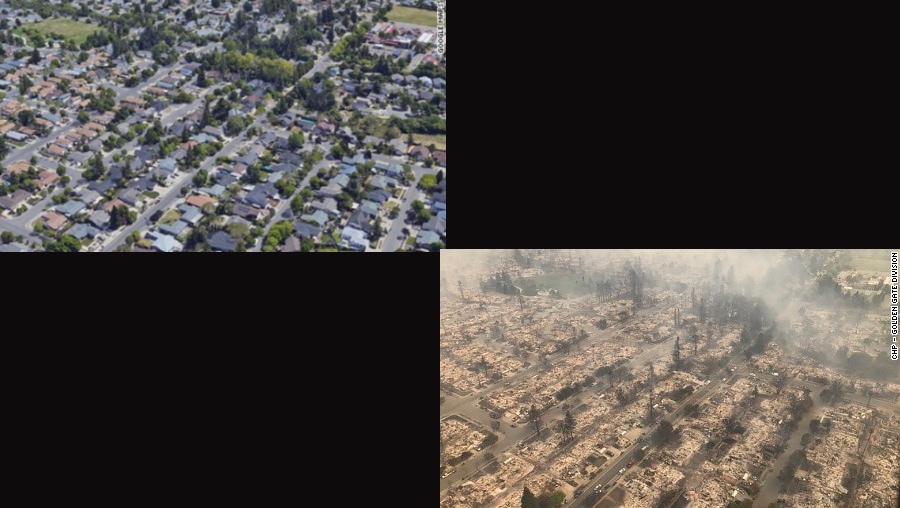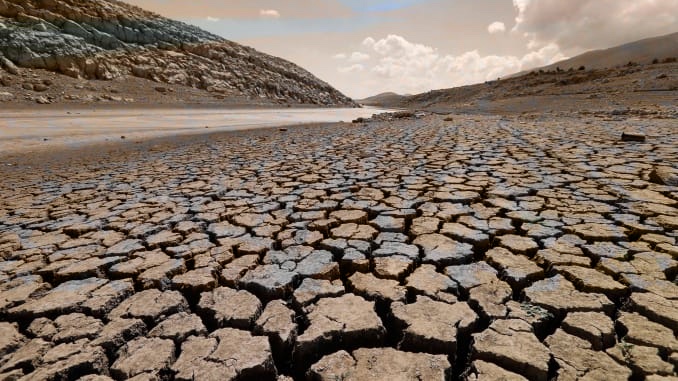The Climate Crisis
Climate War or Sustainability
For my DO SOMETHING I decided to do something to change the world. I wanted to advocate my fellow class mates on the importance of a greener tomorrow. The reason that I chose to do my project about such an important topic was because we need to act now if we want any significant change to happen. I educated the students about the causes of this climate crisis, the consequences and what our options for the opcoming future are as well as what needs to be done in order to prevent these consequences.
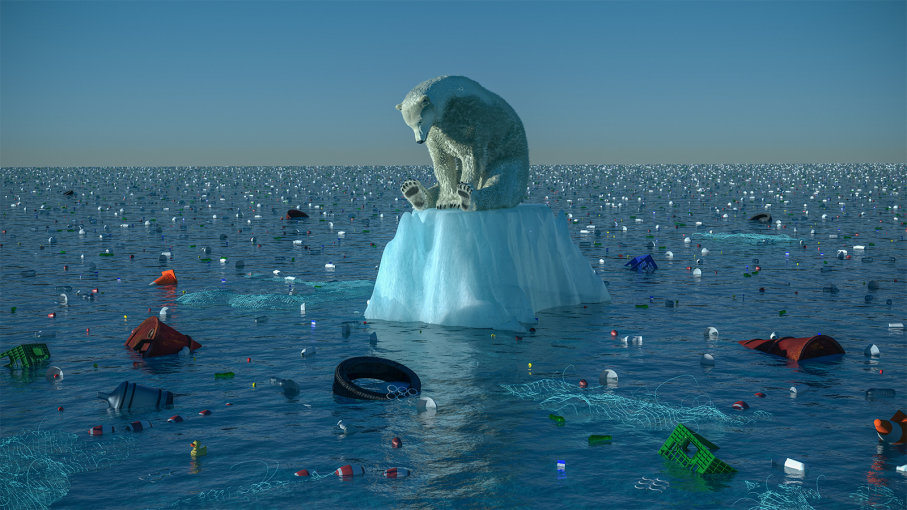
Sustainability is here to stay or we may not be. -Niall FtizGerald.
My goal was to make sure that this generation is informed about the consequences of sitting back and letting the world die. My hopes are that they can take what I have related to them and spread it across the different parts of campus. With an increase of knowledge in the student body about the extreme issue we face we can then advocate for a more sustainable and developed Southern Connecticut State University.
We are the fist generation to be able to end poverty, and the last generation that can take steps to avoid the worsts impacts of climate change. Future generations will judge us harshly if we fail to uphold our moral and historical responsibilities. - Ban Kin-Moon Secretary General of the United States.Ignite Talk:
Survey Data:
Using my survey data I was able to get an idea of how many people knew about the climate crisis as well as those who were willing to change their routines in order to save mother earth.
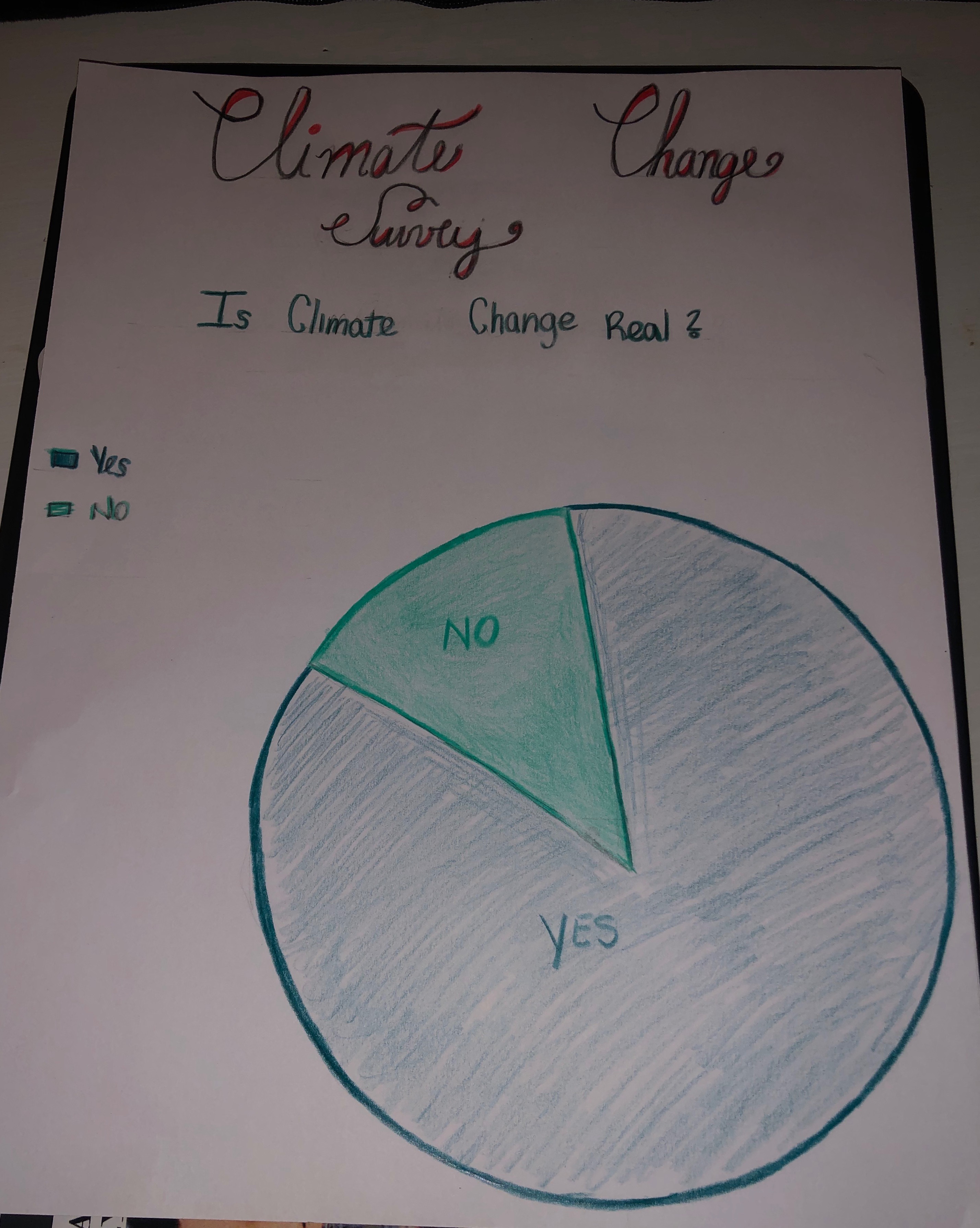
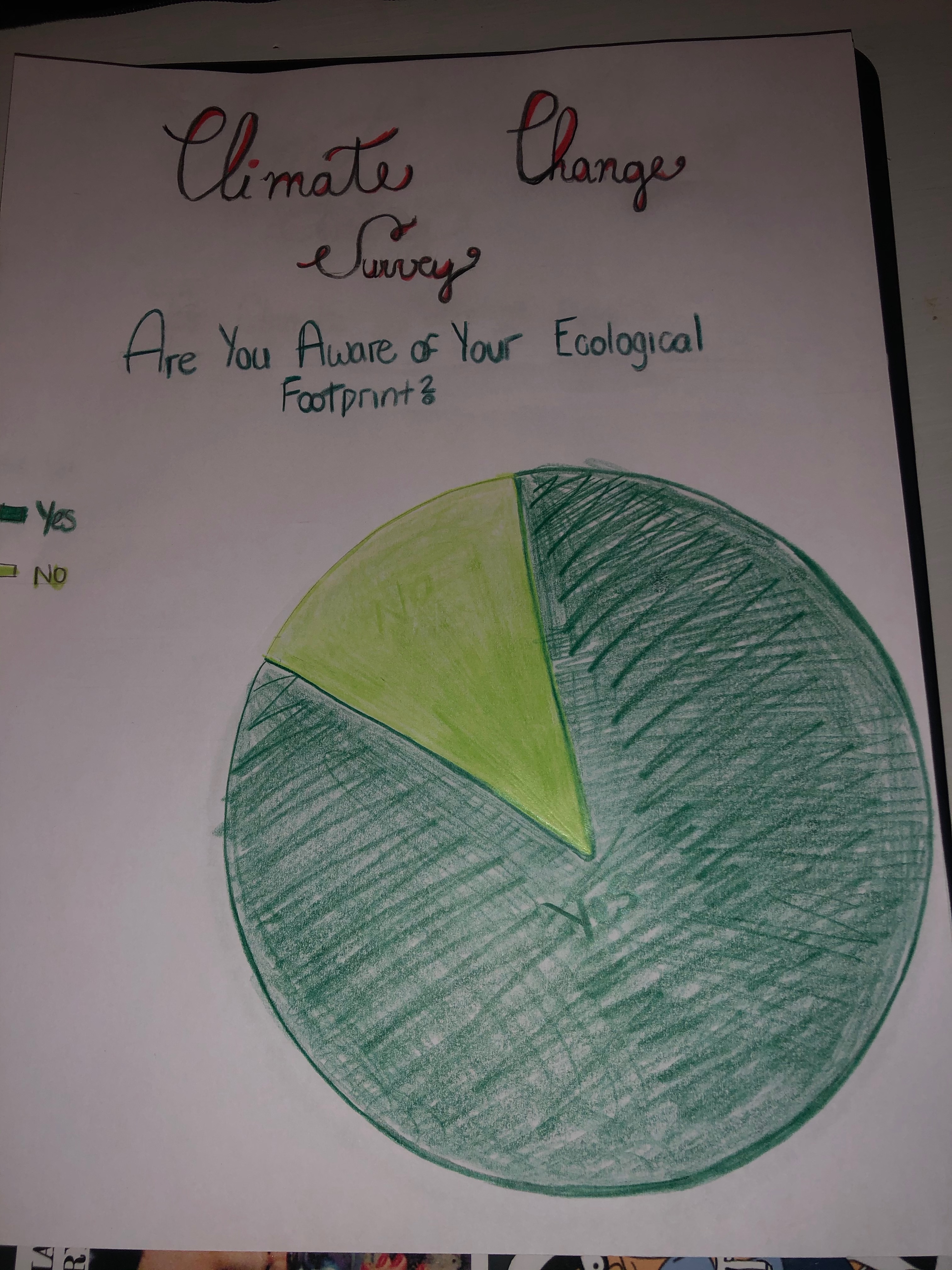
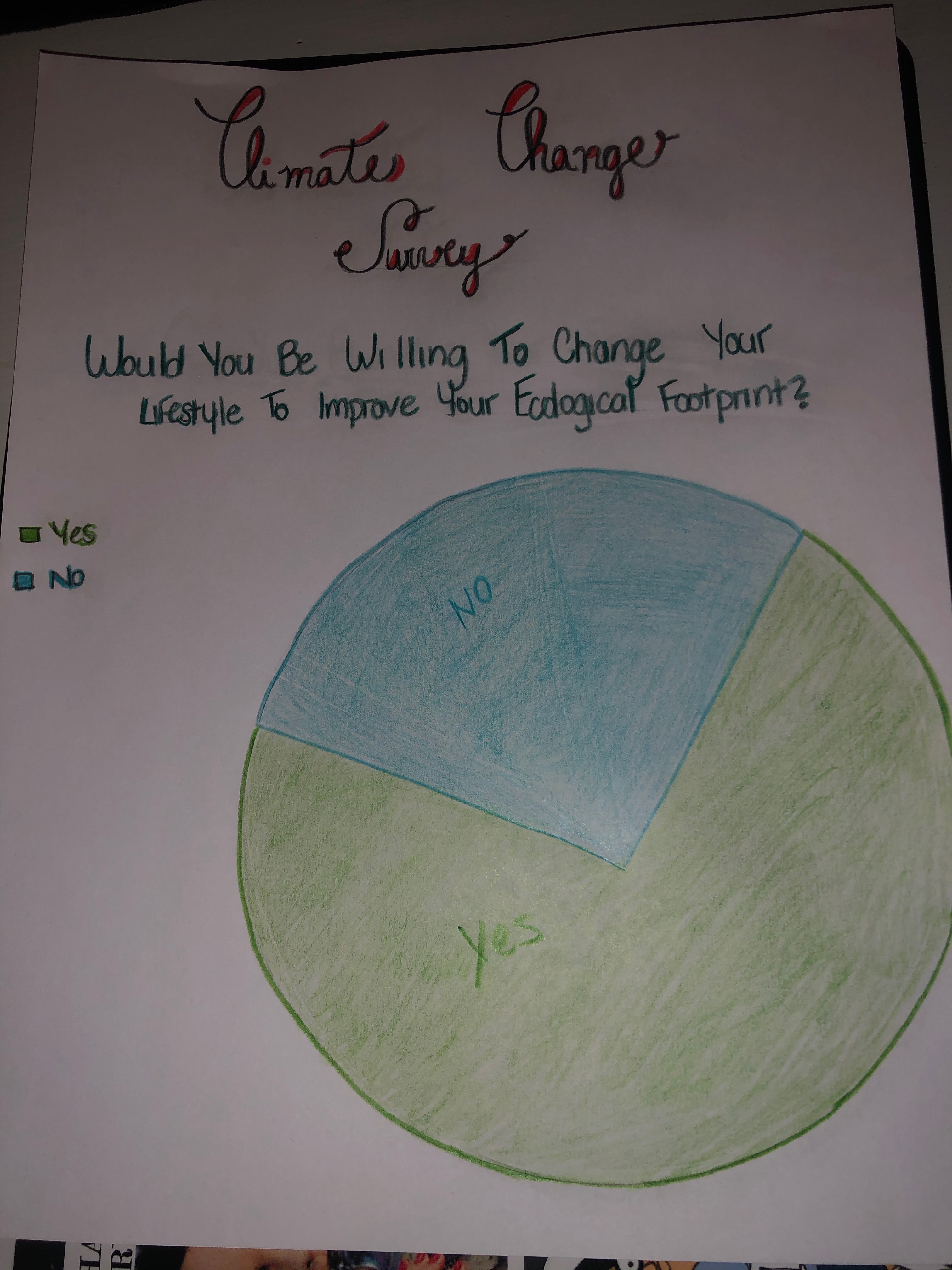
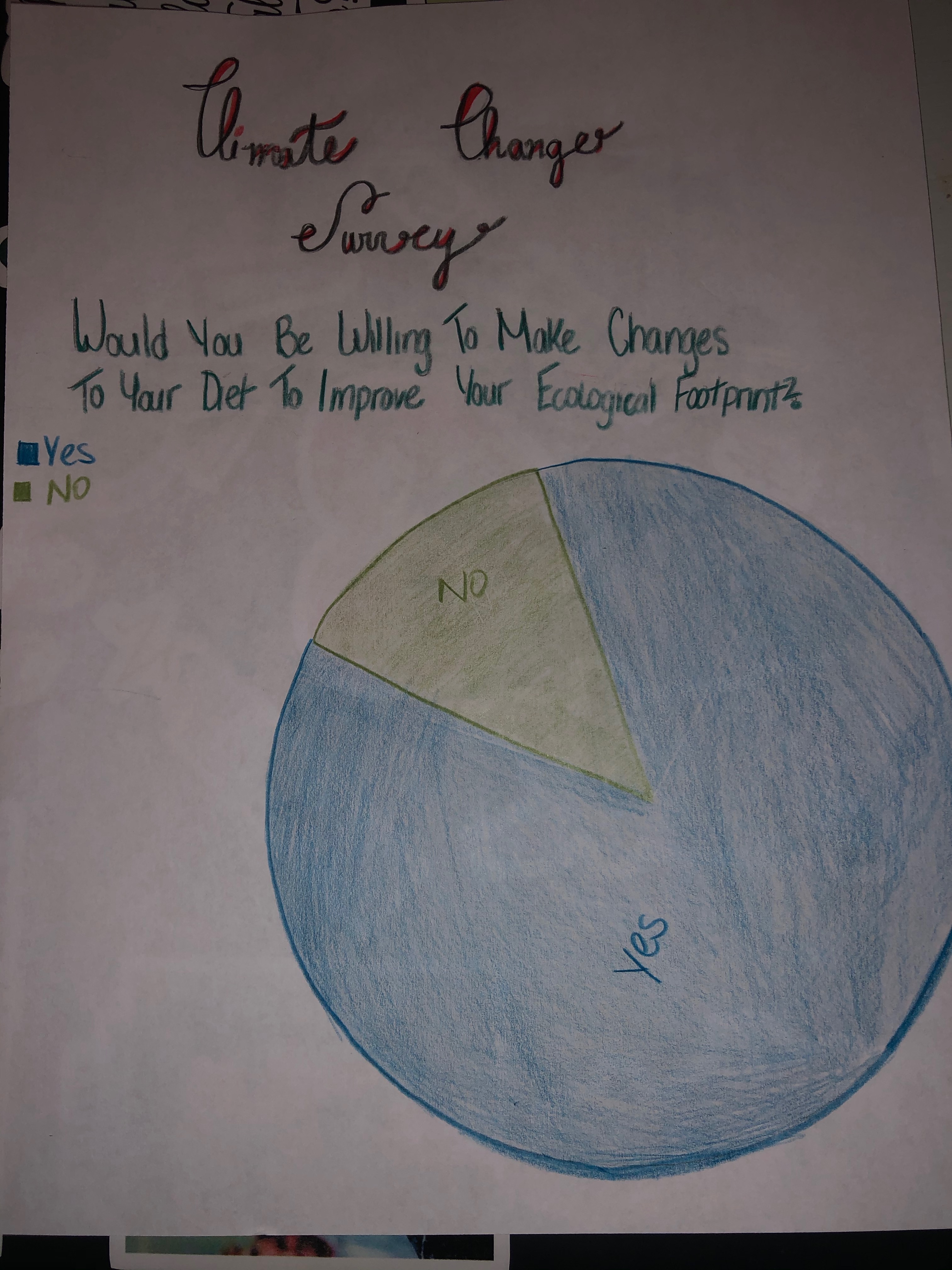
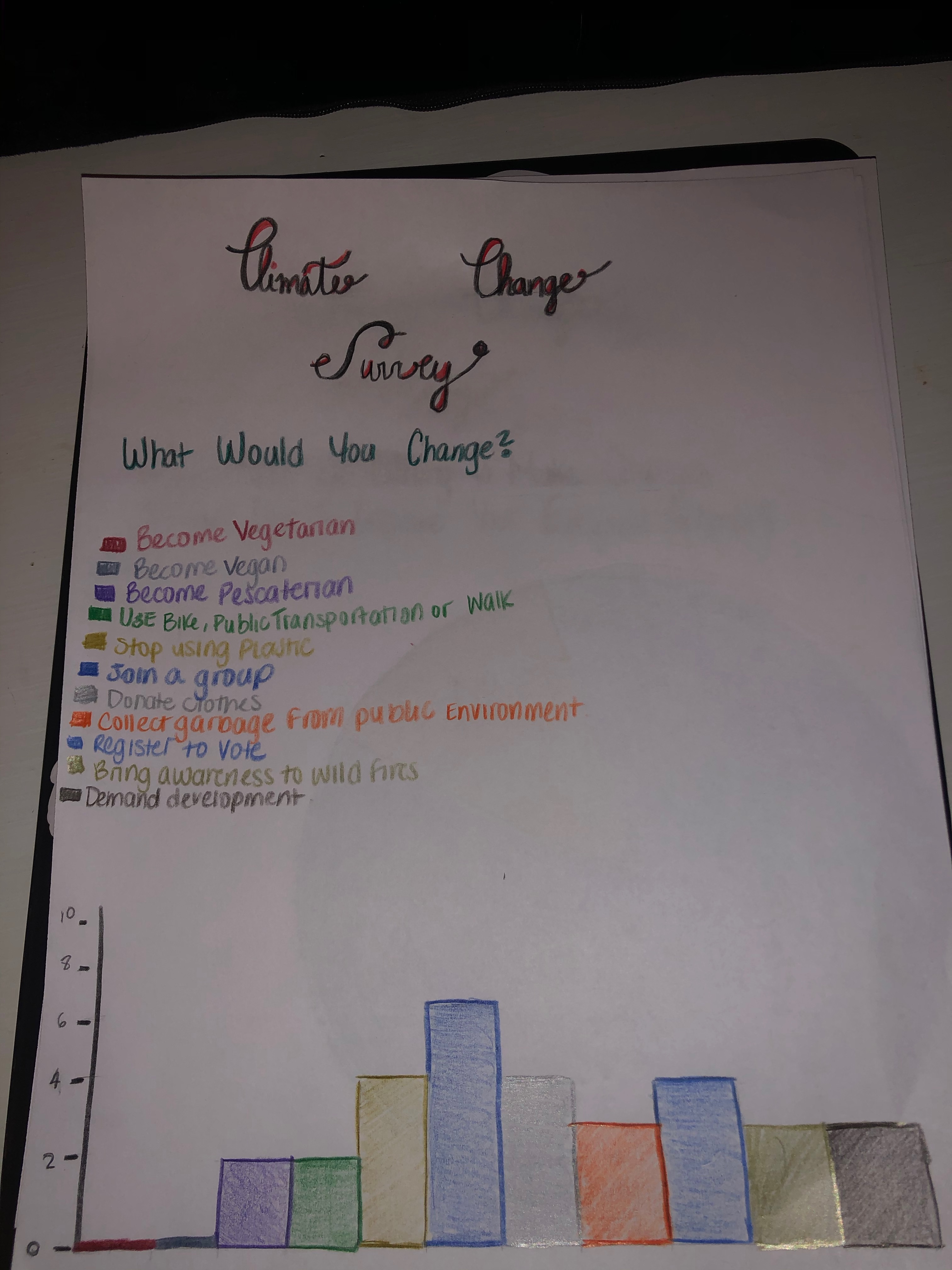
My survey questions started out as vague as possible and slowly became deeper as the questions progressed. I wanted to get an idea of how people would interpret the same questions but in different wording and how different would their responses be for the same question. It is clear that mostly everyone is aware that we are batling a climate crisis and that climate change and consequences are very real. However, just because someone knows that something is real doesn't necessarily mean that they will do anything to change the consequences we face.
So I decided that I needed more in dept questions. I asked if people knew what their ecological footprint is which is used to measure the amount of human demand on nature. In other words, the amount of land and ressources that would take to sustain this type of lifestyle. In this case, everyone of us has an unique ecological footprint that allows researchers to determine how much a person's lifestyle impacts the environment. again people replied that they knew for the most part what that was. I switched my approach to more open based questions asking them if they would be willing to change their lifestyle or diet in order to improve their ecological footprint.
It was interesting to see the things that people were actually willing to do and what they weren't. For example, no one who answered my survey was willing to become a vegetarian or vegan in order to save the planet but 80% of people said they were willing to change their diets to change the climate future, which could later be used to determine that most people are willing to make small changes in their diets such as becoming a pescaterian but would rarely go to extremes such as becoming vegans.
